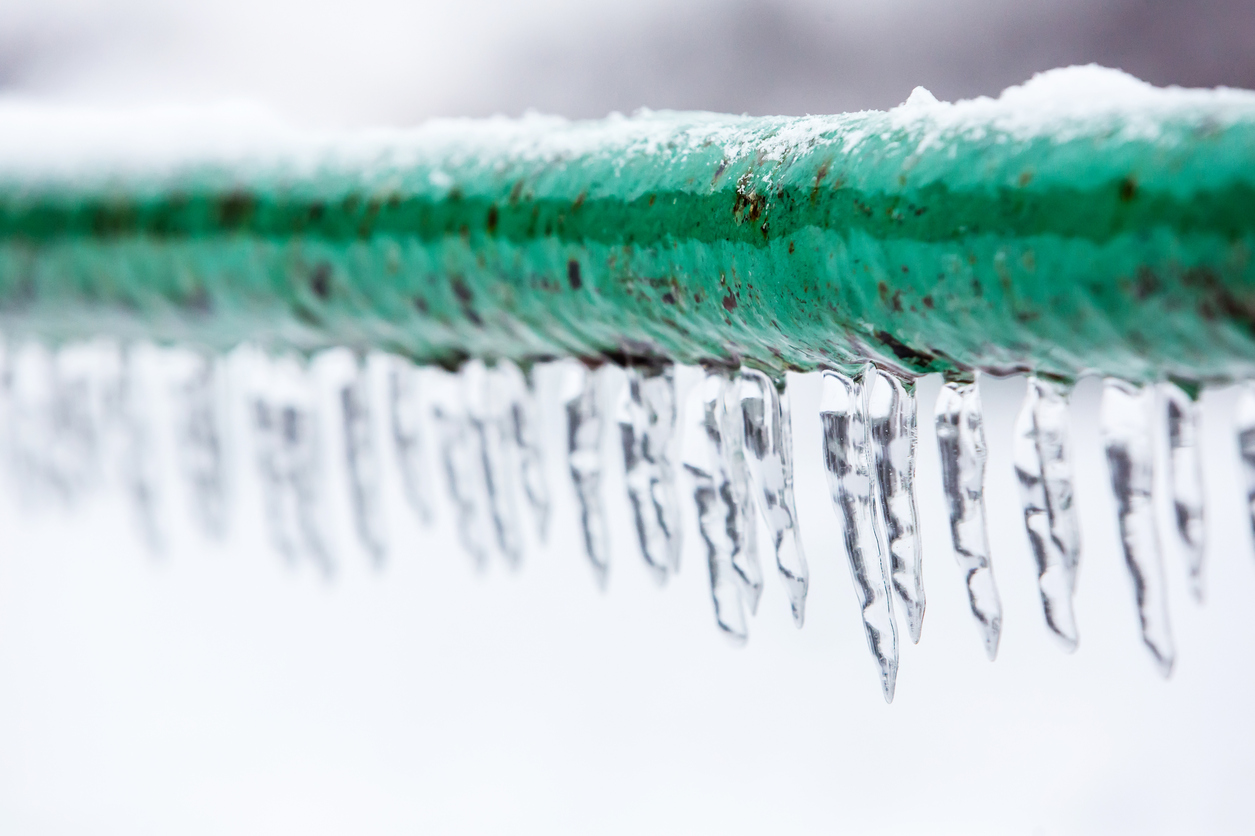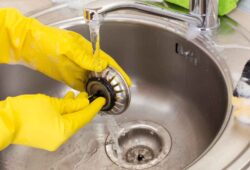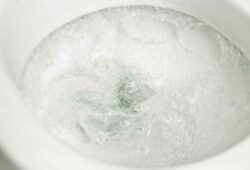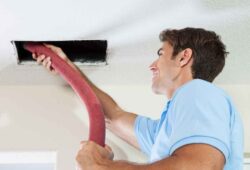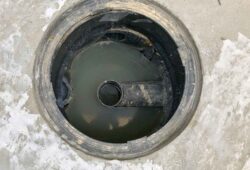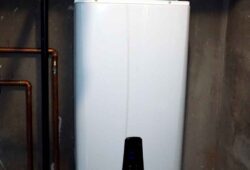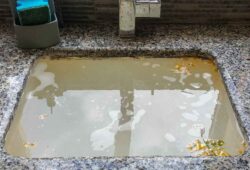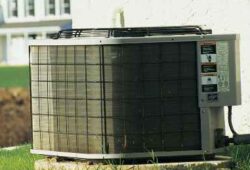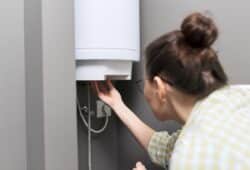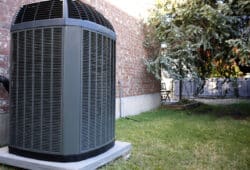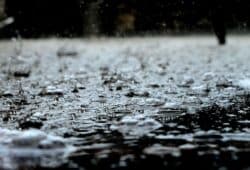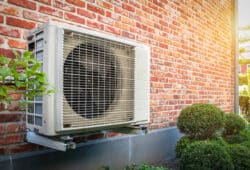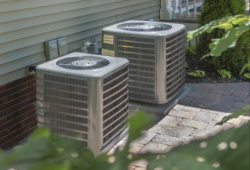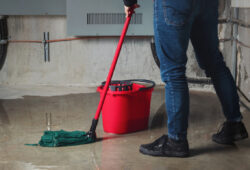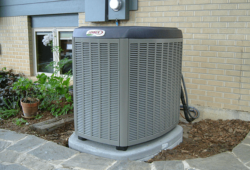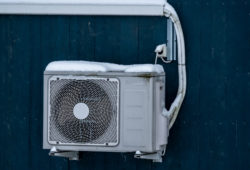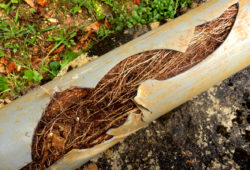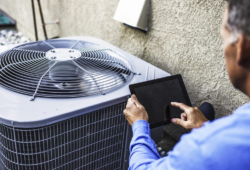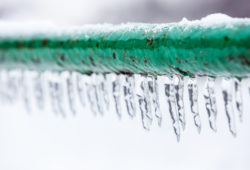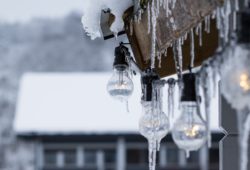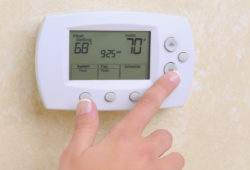Our surroundings in Greenville, SC, boast scenic waterways, lush parks, and temperate weather. The relatively mild winters may lead some homeowners to ask, “Can your pipes freeze here?” Unfortunately, even though our winters may not be as brutal as some places in the country, it does get cold enough to freeze pipes.
Why Your Pipes Freeze
Pipes can start to freeze once temperatures drop below freezing, but it’s more common to see frozen pipes after the temperature drops below 20 degrees Fahrenheit.
The colder the air is inside your home, the amount of insulation around your pipes, and how quickly the temperature drops can determine if your pipes are at risk for freezing.
Signs Your Pipes Are Frozen
If it’s been below freezing in Greenville for a few days, you may wonder if you have frozen pipes. Here are some signs to look for that indicate your pipes are frozen:
- No water or a weak flow from faucets
- Bubbling when you flush the toilet
- Strange banging or clanking in pipes
- Frost on the outside of pipes
- Bulges in pipes
- Ice coming out of pipe connections
If you notice any of these signs in your home, take steps to thaw your pipes immediately.
Three Ways To Prevent Frozen Pipes
The best way to handle frozen pipes is to prevent them from happening. Here are some simple ways to avoid frozen pipes in your home.
- Run Your Faucets: Leaving your water running even a little will help prevent frozen pipes. The moving water makes it more difficult for the temperature to drop low enough to freeze. It may seem like a waste to keep the water on, but the increase in your water bill will be less than the cost of repairing a burst pipe.
- Open Your Cabinets: Often, your water lines are near the outside walls of your home. Even with good insulation in your walls, the temperature difference between the wall and the rest of your house could be enough to cause your pipes to freeze. You can help by keeping your cabinets open. The heated air in your home will better circulate around your pipes, keeping them warm enough to prevent freezing.
- Insulate Your Pipes: Putting foam insulation or blankets around the most freeze-prone pipes in your home can help. They will keep the temperature of the pipes warm enough to prevent freezing. You can also use heating cables to keep the pipes warmer.
To help reduce the risk of frozen pipes, keep the temperature of your home set to at least 55 degrees Fahrenheit. You should also drain and disconnect any hoses and turn off water to the outside of your house.
What To Do When Your Pipes Are Frozen
Sometimes even our best efforts don’t prevent frozen pipes. It’s important Greenville homeowners know how to handle frozen pipes. Here’s what to do when your pipes are frozen:
- Turn Off the Water Supply: The first step is to turn off the water supply but turn on the faucets. This helps release pressure and prevent a burst.
- Apply Heat To Thaw: Next, apply steady but gentle heat to the pipe to thaw it. A hairdryer works well for this situation. You can also use a space heater to gradually increase the temperature in the room so the pipes warm up. You must ensure you thaw the pipe thoroughly before turning the water back on. Even a little bit of remaining ice could damage your water lines.
- Call a Professional Plumber: If you’re unsure where the frozen pipe is, have limited access to your plumbing pipes, or do not have the resources to thaw the pipe yourself, call for help. Professional plumbers have the tools to safely and effectively find and thaw your frozen pipes.
Choose Preferred Home Services for Frozen Pipe Repair in Greenville, SC
If you need help with your frozen pipes in Greenville, SC, count on Preferred Home Services. We’re the area’s plumbing experts and have comprehensive solutions for your frozen pipes.
From thawing your pipes to repairing burst lines, Preferred Home Services can help you get your home running again.
If your pipes are frozen, don’t wait! Call Preferred Home Services at (864) 206-5620 or contact us online today!


